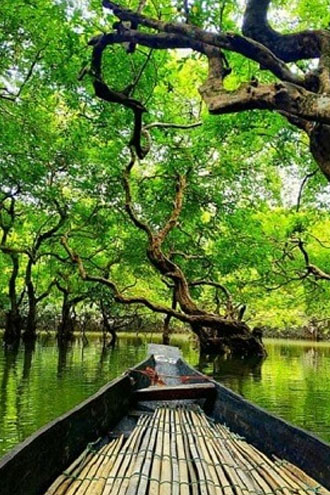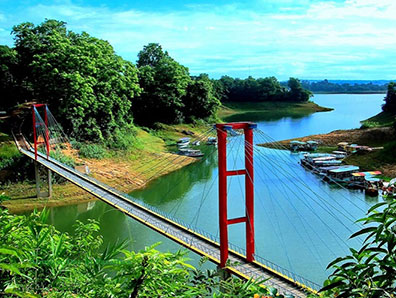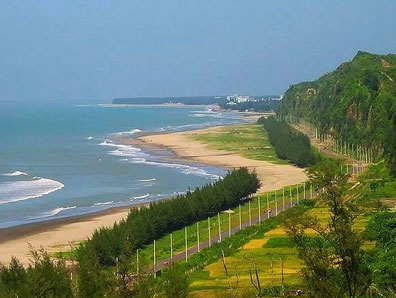Bosnia and Herzegovina is a country located in the Western Balkans, bordered by Croatia to the north, west and south, Serbia to the east and Montenegro to the southeast. The capital and largest city is Sarajevo. The official languages are Bosnian, Croatian, and Serbian. The currency is the Convertible Mark. The population is around 3.3 million.
Bosnia and Herzegovina has a diverse climate, ranging from Mediterranean along the coast to continental in the interior. Its economy is based on industry, agriculture and tourism. The country has been recovering since the 1992-1995 war, but still faces challenges with high unemployment and a significant public debt.
Bosnia and Herzegovina is a federal parliamentary constitutional republic, with three constituent entities: the Federation of Bosnia and Herzegovina, Republika Srpska and the Brčko District. The country has a complex system of government, with separate executive, legislative, and judicial branches for the country's entities, cantons and districts.
Bosnia and Herzegovina has a rich history and culture, with influences from the Ottoman and Austro-Hungarian empires. The country is home to many historic sites and landmarks, such as the Old Bridge of Mostar and the Stari Most. Bosnia and Herzegovina is also known for its traditional festivals and music, such as the Sarajevo Film Festival and the Baščaršija Nights.
Bosnia and Herzegovina is known for its natural beauty, including the Dinaric Alps, the Pliva lakes and the Sutjeska National Park. The country is also home to many thermal and mineral springs, making it a popular destination for health tourism.
Bosnia and Herzegovina is a diverse and multicultural country, with Bosniaks, Croats and Serbs being the three main ethnic groups. The country experienced a war in 1992-1995, and the consequences of this war are still visible today, in the form of physical and psychological scars. The country has been working on reconciliation and rebuilding since the war, but the process is ongoing.


